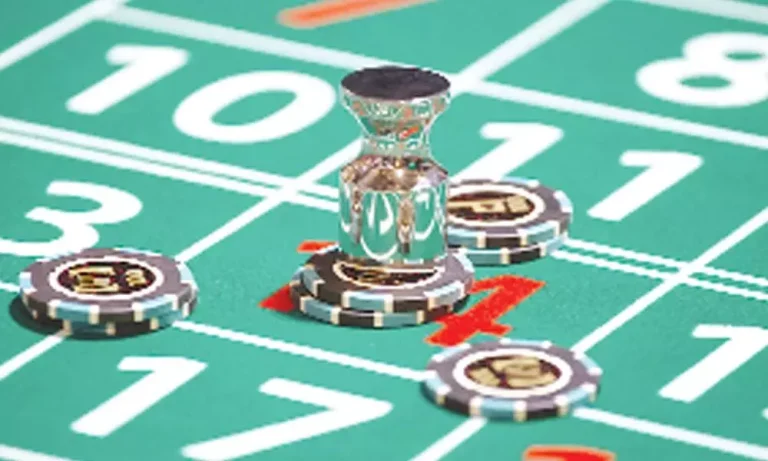
Experienced slot players are selective about which games they choose to play and which they deliberately avoid. This discernment comes from years of gameplay, pattern recognition, and a deep understanding of how slot machines work. These players have learned to identify red flags indicating a slot might not be worth their time or money. When browsing options on platforms like slot server thailand, these veterans apply strict criteria before committing to a game.
Games with extremely low RTP percentages
Return to Player (RTP) percentage is a critical metric representing how much money a slot will pay back to players over time. Experienced players typically avoid slots with RTP below 94%, as these games retain a higher house edge. Most knowledgeable players seek out slots with 96% or higher RTP percentages. The difference might seem small on paper, but it substantially impacts hundreds or thousands of spins. For example, playing 1,000 spins at $1 each on a 94% RTP game versus a 97% RTP game represents a theoretical difference of $30 in returns, a significant amount for regular players.
High volatility slots with insufficient bankroll
When a slot pays out, volatility measures the frequency and amount. High volatility slots pay less frequently but offer more significant potential wins, while low volatility slots provide more consistent but smaller payouts. Experienced players avoid high volatility slots when:
- Their bankroll is too small to weather extended losing streaks
- They haven’t allocated enough time for their playing session
- The game lacks features that justify the high-risk nature
A common mistake among newer players is choosing high-volatility games with insufficient funds, leading to quick bankroll depletion before hitting any significant wins. Veteran players carefully match their volatility choices to their available resources and gambling goals.
Slots with deceptive bonus features
Not all bonus features are created equal, and experienced players have learned to identify and avoid slots with misleading or overly complicated bonus mechanisms. These problematic features include:
- Free spin rounds that rarely trigger
- Bonus games with attractive displays but minimal actual rewards
- Complex multi-level features where progression becomes increasingly difficult
- Bonus rounds with hidden maximum win caps
Veteran players look beyond flashy animations and marketing claims about bonus features. They investigate how these features work in practice, often consulting detailed reviews or watching gameplay videos before deciding whether a game deserves their attention.
Games with poor design and player experience
The technical and design aspects of a slot game significantly influence player satisfaction. Experienced players typically avoid slots with:
- Excessive lag between spins or during feature transitions
- Poor mobile optimisation that affects performance
- Unpleasant sound design or repetitive audio loops
- Cluttered visual interfaces that make it challenging to track wins
- Lack of auto-play or quick-spin options for efficiency
Experienced slot players have developed a sixth sense for identifying problematic games that should be avoided. Their selective approach includes analysing RTP percentages, matching volatility to bankroll size, evaluating the value of bonus features, and considering the overall design quality and user experience. This discriminating attitude helps them maximise enjoyment while minimising unnecessary losses.
Observing which games underperform on slot server thailand helps players make more intelligent choices. While chance remains the dominant factor in any slot game, the methodical approach of experienced players demonstrates that knowledge, research, and strategic game selection can significantly enhance the overall gaming journey.



